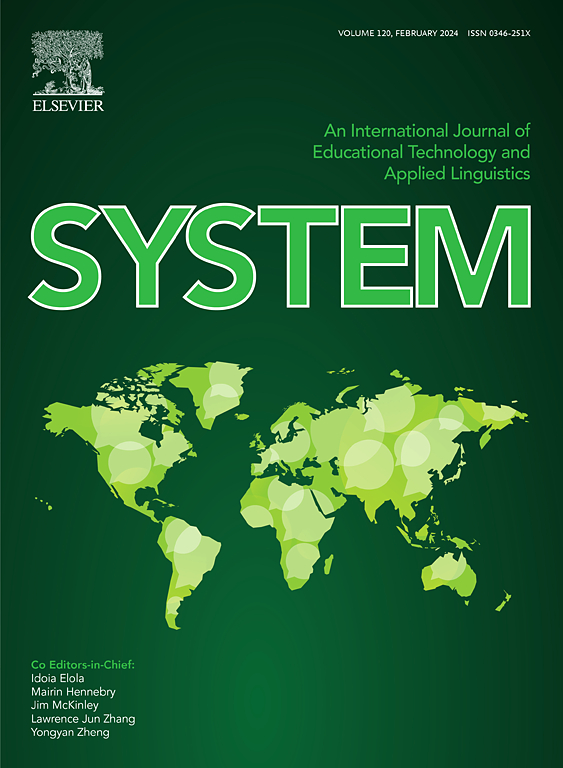涂布丁酸钠通过调节蛋鸡线粒体动力学、自噬和细胞凋亡改善高能量和低蛋白日粮诱导的肝功能异常
IF 7
1区 农林科学
Q1 Agricultural and Biological Sciences
引用次数: 0
摘要
蛋鸡脂肪肝出血性综合症(FLHS)是一种蛋鸡脂肪肝疾病,对蛋鸡养殖业构成严重威胁,因为这种疾病会导致产蛋量急剧下降,并引发蛋鸡急性死亡。越来越多的证据表明,脂肪肝的发生和发展与线粒体功能障碍密切相关。在体外和小鼠模型中,丁酸钠被证明可调节肝脏脂质代谢、缓解氧化应激和改善线粒体功能障碍。然而,目前关于涂布丁酸钠(CSB)预防蛋鸡FLHS的研究还很有限,CSB是否以及如何发挥抗FLHS的作用仍有待探索。在本实验中,通过给蛋鸡饲喂高能量低蛋白(HELP)日粮来诱导 FLHS 模型。目的是研究 CSB 对缓解 FLHS 的影响,重点是 CSB 在调节线粒体功能方面的作用。将 288 只 28 周龄的健康华丰蛋鸡任意分为 4 组,每组 6 个重复,即 CON 组(普通日粮)、HELP 组(HELP 日粮)、CH500 组(在 HELP 日粮中添加 500 毫克/千克 CSB)和 CH750 组(在 HELP 日粮中添加 750 毫克/千克 CSB)。试验持续了 10 周。结果显示,CSB 通过改善肝脏脂肪变性和病理损伤、降低脂肪酸合成基因水平和促进脂肪酸分解关键酶的 mRNA 水平,改善了 HELP 引起的 FLHS。CSB 降低了 HELP 饮食诱导的氧化应激,提高了 GSH-Px 和 SOD 的活性,降低了 MDA 和 ROS 的含量。CSB还能通过阻断TNF-α、IL-1β和F4/80来减轻HELP饮食诱导的炎症反应。此外,膳食中补充 CSB 可减轻 HELP 引起的线粒体未折叠蛋白反应(UPRmt)激活、线粒体损伤和 ATPase 活性下降。HELP饮食减少了自噬体的形成,下调了LC3B,但上调了p62蛋白的表达。Bax/Bcl-2、Caspase-9、Caspase-3和Cyt C表达水平的下降表明,CSB可减少HELP诱导的细胞凋亡。通过调节线粒体动力学、自噬和蛋鸡细胞凋亡,膳食 CSB 可改善 HELP 日粮诱导的蛋鸡肝功能异常。因此,CSB 作为一种饲料添加剂,可通过调节自噬和脂质代谢来预防 FLHS。本文章由计算机程序翻译,如有差异,请以英文原文为准。
Coated sodium butyrate ameliorates high-energy and low-protein diet induced hepatic dysfunction via modulating mitochondrial dynamics, autophagy and apoptosis in laying hens
Fatty liver hemorrhagic syndrome (FLHS), a fatty liver disease in laying hens, poses a grave threat to the layer industry, stemming from its ability to trigger an alarming plummet in egg production and usher in acute mortality among laying hens. Increasing evidence suggests that the onset and progression of fatty liver was closely related to mitochondria dysfunction. Sodium butyrate was demonstrated to modulate hepatic lipid metabolism, alleviate oxidative stress and improve mitochondrial dysfunction in vitro and mice models. Nevertheless, there is limited existing research on coated sodium butyrate (CSB) to prevent FLHS in laying hens, and whether and how CSB exerts the anti-FLHS effect still needs to be explored. In this experiment, the FLHS model was induced by administering a high-energy low-protein (HELP) diet in laying hens. The objective was to investigate the effects of CSB on alleviating FLHS with a focus on the role of CSB in modulating mitochondrial function. A total of 288 healthy 28-week-old Huafeng laying hens were arbitrarily allocated into 4 groups with 6 replicates each, namely, the CON group (normal diet), HELP group (HELP diet), CH500 group (500 mg/kg CSB added to HELP diet) and CH750 group (750 mg/kg CSB added to HELP diet). The duration of the trial encompassed a period of 10 weeks. The result revealed that CSB ameliorated the HELP-induced FLHS by improving hepatic steatosis and pathological damage, reducing the gene levels of fatty acid synthesis, and promoting the mRNA levels of key enzymes of fatty acid catabolism. CSB reduced oxidative stress induced by the HELP diet, upregulated the activity of GSH-Px and SOD, and decreased the content of MDA and ROS. CSB also mitigated the HELP diet-induced inflammatory response by blocking TNF-α, IL-1β, and F4/80. In addition, dietary CSB supplementation attenuated HELP-induced activation of the mitochondrial unfolded protein response (UPRmt), mitochondrial damage, and decline of ATPase activity. HELP diet decreased the autophagosome formation, and downregulated LC3B but upregulated p62 protein expression, which CSB administration reversed. CSB reduced HELP-induced apoptosis, as indicated by decreases in the Bax/Bcl-2, Caspase-9, Caspase-3, and Cyt C expression levels. Dietary CSB could ameliorate HELP diet-induced hepatic dysfunction via modulating mitochondrial dynamics, autophagy, and apoptosis in laying hens. Consequently, CSB, as a feed additive, exhibited the capacity to prevent FLHS by modulating autophagy and lipid metabolism.
求助全文
通过发布文献求助,成功后即可免费获取论文全文。
去求助
来源期刊

Journal of Animal Science and Biotechnology
AGRICULTURE, DAIRY & ANIMAL SCIENCE-
CiteScore
9.90
自引率
2.90%
发文量
822
审稿时长
17 weeks
期刊介绍:
Journal of Animal Science and Biotechnology is an open access, peer-reviewed journal that encompasses all aspects of animal science and biotechnology. That includes domestic animal production, animal genetics and breeding, animal reproduction and physiology, animal nutrition and biochemistry, feed processing technology and bioevaluation, animal biotechnology, and meat science.
 求助内容:
求助内容: 应助结果提醒方式:
应助结果提醒方式:


